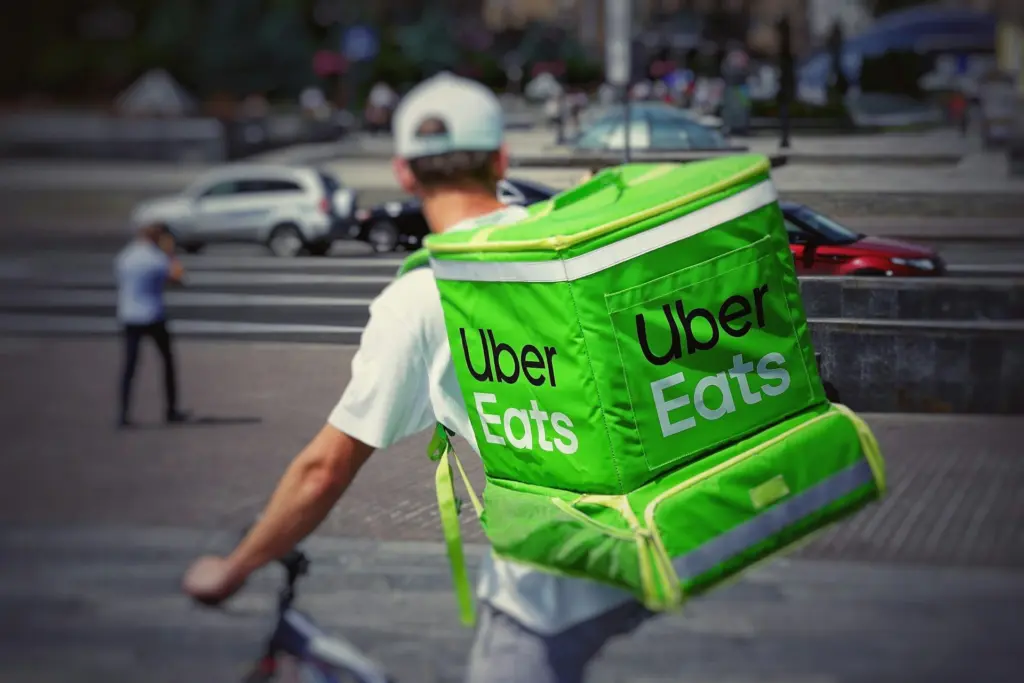SEATTLE, WA – The Seattle Office of Labor Standards reached an unprecedented $15 million settlement with Uber Eats over alleged violations of two laws protecting gig workers.
Uber Eats will pay 16,120 Seattle workers a collective $15 million in back pay, interest, liquidated damages and civil penalties. The company will pay the city an additional $33,680 in fines. Notably, Uber Eats denied all allegations, but agreed to resolve all claims.
The Seattle Office of Labor Standards first opened an investigation into Uber Eats on Nov. 6, 2023, alleging Independent Contractor Protections violations. The law ensures pay transparency by requiring companies to notify workers how much a job pays. This was the office’s first-ever investigation under the ordinance.
The initial investigation stemmed from a complaint by a worker with Uber Eats’ Boost promotion, in which the company advertised added earnings on top of delivery fares and allowed workers to multiply a worker’s base fare by a specified number shown on a map. The Seattle Office of Labor Standards took the position that Uber Eats did not disclose that the Boost multiple applied only to a portion of the worker’s fare.
Some workers took many transactions during the Boost time period, which impacts how much they will receive in settlements. According to Seattle Office of Labor Standards Director Steven Marchese, some workers will receive thousands of dollars in settlements depending on their specific participation in the use of the program.
The Seattle Office of Labor Standards opened a second investigation into Uber Eats the following year, alleging violations of the App-Based Worker Minimum Payment ordinance – the office’s second-ever investigation under the ordinance – which took effect last year.
The App-Based Worker Minimum Payment ordinance requires app-based companies to provide their workers with a minimum pay rate based on the time worked and the miles traveled for each offer, including when a job is “cancelled with cause”.
The office began investigating Uber Eats over violations of the ordinance after receiving complaints from workers in 2024 who alleged they were not paid or were underpaid for jobs that were cancelled for cause. After the Seattle Office of Labor Standards contacted Uber Eats, the company issued a series of payment adjustments totaling $167,313 to 5,920 workers.
As part of the settlement to resolve App-Based Worker Minimum Payment ordinance claims, Uber Eats agreed to implement a written cancellation with cause policy and to communicate to workers where to find the policy via a monthly email.
“This is exactly the kind of systematic underpayment of gig workers that these two ordinances were designed to protect against, and I’m glad the [Seattle Office of Labor Standards] process can help workers be made whole,” Drivers Union President Peter Kuel said in a statement.
Marchese called the settlement a success for workers’ rights in Seattle. He told The Center Square in a phone call that the city’s laws exist to protect app-based workers, who traditionally do not get the benefit of federal or state employment laws.
“These are really trailblazing opportunities for us to establish that the city is here to protect workers across a variety of industries; hopefully it will encourage compliance by other app-companies,” Marchese said.
App-based companies like Uber Eats and Doordash have retaliated against the city’s gig worker protection laws by implementing additional fees to orders. Most recently, Doordash anticipated moderate increases to its service fees, but those increases will vary depending on order specifics.
According to Doordash, it operated at a loss in 2024. However, the company also reported $3 billion in revenue for the first quarter of 2025, with a 13.1% net revenue margin.
Payment is scheduled to reach the 16,120 workers by Sept. 1.
